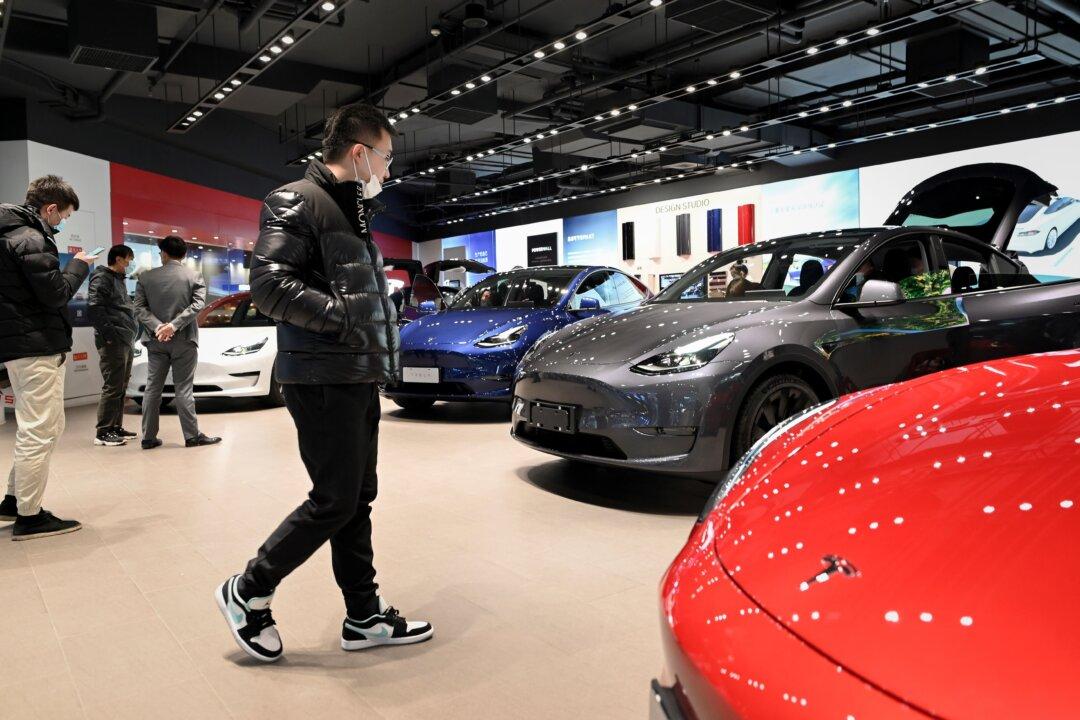Tesla has pulled out of Australia’s main automotive industry lobby group due to disagreements over its stance on the centre-left Labor government’s new car emissions restrictions.
The Federal Chamber of Automotive Industries (FCAI) has been critical of the new vehicle efficiency scheme (NVES), saying it would cause “significant disruption” for the industry, and result in “less choice and higher retail prices for Australian consumers.”




